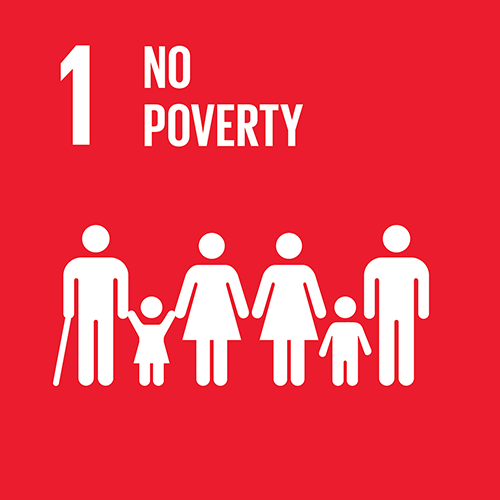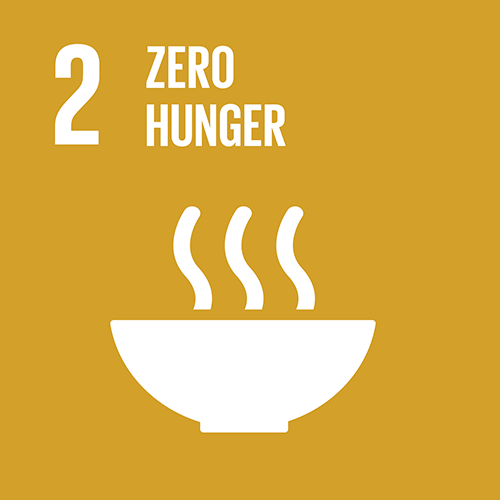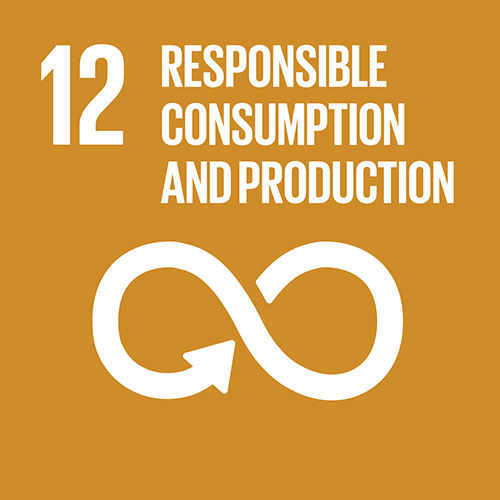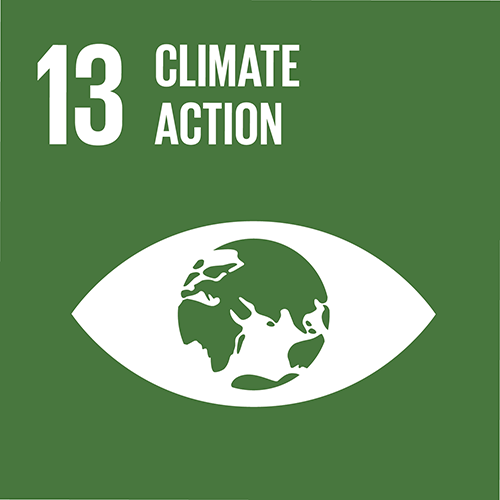Biogas Plants for over 8000 Families in India
Project type: Biogas
Project location: Kolar District, Karnataka State, India
Project status: In operation, credits available
Annual emission reduction of the whole project: 45,650 t
The installation of domestic biogas plants substitutes the use of firewood and chemical fertilizers in the Karnataka region. In addition to the reduction of greenhouse gas emissions and less degradation of the forest people directly profit from higher crop yields and less indoor pollution. Moreover, the project will also reduce methane emissions from cattle manure.
The project installs domestic biogas plants in over 8000 rural households in Karnataka State, India. The biogas installations are fed with animal dung and kitchen wastewater. The generated gas is then used for cooking. In addition, the slurry of the remaining manure serves as high quality fertilizer replacing chemical products. Traditionally, domestic energy needs for cooking in the project area are met with firewood and kerosene. The inefficient cook stoves that people traditionally use have a thermal efficiency of only eight to ten percent. Low family incomes make it impossible for local people to substitute this traditional fuel. This led already to a degradation of the forest cover in the districts. Moreover, domestic biogas installations have positive sustainable development effects such as alleviating the workload for women and children and easing health problems caused by indoor pollution. The biogas unit will be of either two or three cubic metre capacity depending on the number and type of cattle owned by the household and the number of people in the household.
8033 biogas digesters have been constructed and handed over to families since the beginning of the project.
The project will result in greenhouse gas (GHG) emission savings in the following ways: The biogas will displace GHG emissions from kerosene and fuel wood that are currently used for cooking. The biogas produced from cattle manure is a renewable source of energy. The biogas will displace GHG emissions from cattle manure that is currently dumped in pits near the household. The cattle manure is dumped along with other waste such as straw from the cow shed, some kitchen waste, crop residues and other organic matter and liquids in the pit. This organic waste is never dry and does not get mixed therefore animal waste is decaying anaerobically and emitting methane.
Me and my kids had to spend 4 hours each day to collect firewood. Now, it takes us just 20 minutes to produce biogas. There is no smoke in my house anymore and I get a great fertilizer for growing our vegetables.
The biogas technology is tried and tested in rural India. SKG Sangha, an Indian non-governmental organisation, will implement the project. SKG Sangha has already successfully implemented over 100,000 biogas units in India over the last 18 years.
What exactly are the CO₂ funds used for?
The CO2 funds impact directly in the continuous use of the biodigester by the families as the annual monitoring and training activities and reparation of the units are conducted with these funds paid each time that carbon credits are issued.
As mentioned in the Project Design Document (PDD), the project activity would not have occurred without the carbon credits because beneficiary households cannot afford the bio-digester units without the 73 per cent cost subsidy provided by the carbon revenues. This is demonstrated by the fact that the biogas plants cost between 82 and 103 per cent of the average annual household income in the project activity area.
myclimate has invested in each of the biodigester unit installed in this project since the beginning and disburse a payment to our local partner per each credit issued and certified. Without the CO2 funds, the positive results, namely the continuous and proper utilisation of the biogas plants, their repairs and the training activities on their use and maintenance, would not be possible.
It is worth mentioning that our local partner SKG Sangha monitors the annual SDG impacts accomplished by the project thanks to the carbon revenues. This includes the reduction in hospitalisation due to the project, the time and money saved annually, the reduced amount of chemical fertilisers, the jobs created by the projects, the training activities conducted and repair activities.
Project partners and implementers
The project is developed and implemented by SKG Sangha, an Indian non-profit organisation founded in 1993 by Vidya Sagar to create opportunities for economic growth and development in rural areas of South India, in particular through the use of renewable energy. In addition to the biogas programme, SKG Sangha offers improved biomass cook stoves, rainwater harvesting systems and solar electric lighting systems.
Monitoring, reporting and verification (MRV)
The project has had double certification under the Clean Development Mechanism and the Gold Standard until 2020. Since 2021, the project is only registered under the Gold Standard. Gold Standard climate protection projects are monitored on an ongoing basis, meaning that the biogas plants are checked to ensure they are fully functional and in use. The associated monitoring report is verified by an independent auditor and submitted to the Gold Standard as a verification report. The strict monitoring procedures, training and local support help to maintain high quality standards throughout the project, ensuring that the biogas plants are used and early action can be taken if repairs or additional training are required. This ensures that the project is successful in the long term and that the emissions reductions generated by the project are correct. You can find more information under ‘Documentation’.
This project contributes to 10 SDGs*
*as at the end of 2023. Find out how myclimate reports these SDGs in our FAQ.
The following SDGs are verified by the Gold Standard:
The use of slurry (organic fertiliser produced by the farmers themselves) helps to prevent small farmers from becoming dependent on chemical fertilisers, thus improving their families’ financial situation.
To date, the biogas systems have produced 387,168 tonnes of organic fertiliser and thus reduced 7752 tonnes of chemical fertiliser, thus contributing to sustainable agriculture.
50,000 persons have benefited from better air quality since the start of the project.
Because the time-consuming collection of firewood is no longer necessary, children have more time to go to school and do homework. This gives each family almost 1.6 hours of additional time per day.
Only women are entitled to buy and own a biogas plant. This helps to level out the balance of power in the family and to strengthen the position of the women.
8033 biogas digesters have been installed since the start of the project.
22 permanent jobs have been created for the local population and more than 8000 people have been trained in the use of biogas plants.
The recycling of organic waste contributes to sustainable waste management.
Each biogas biodigester avoids 5.9 t CO₂ and reduced wood consumption by 3.7 t per year.
To date, the programme has reduced wood consumption by 279,799 tonnes.
Situation without project
Using firewood and kerosene for cookingDocumentations
Project standard

Awards

Project number
7149

















